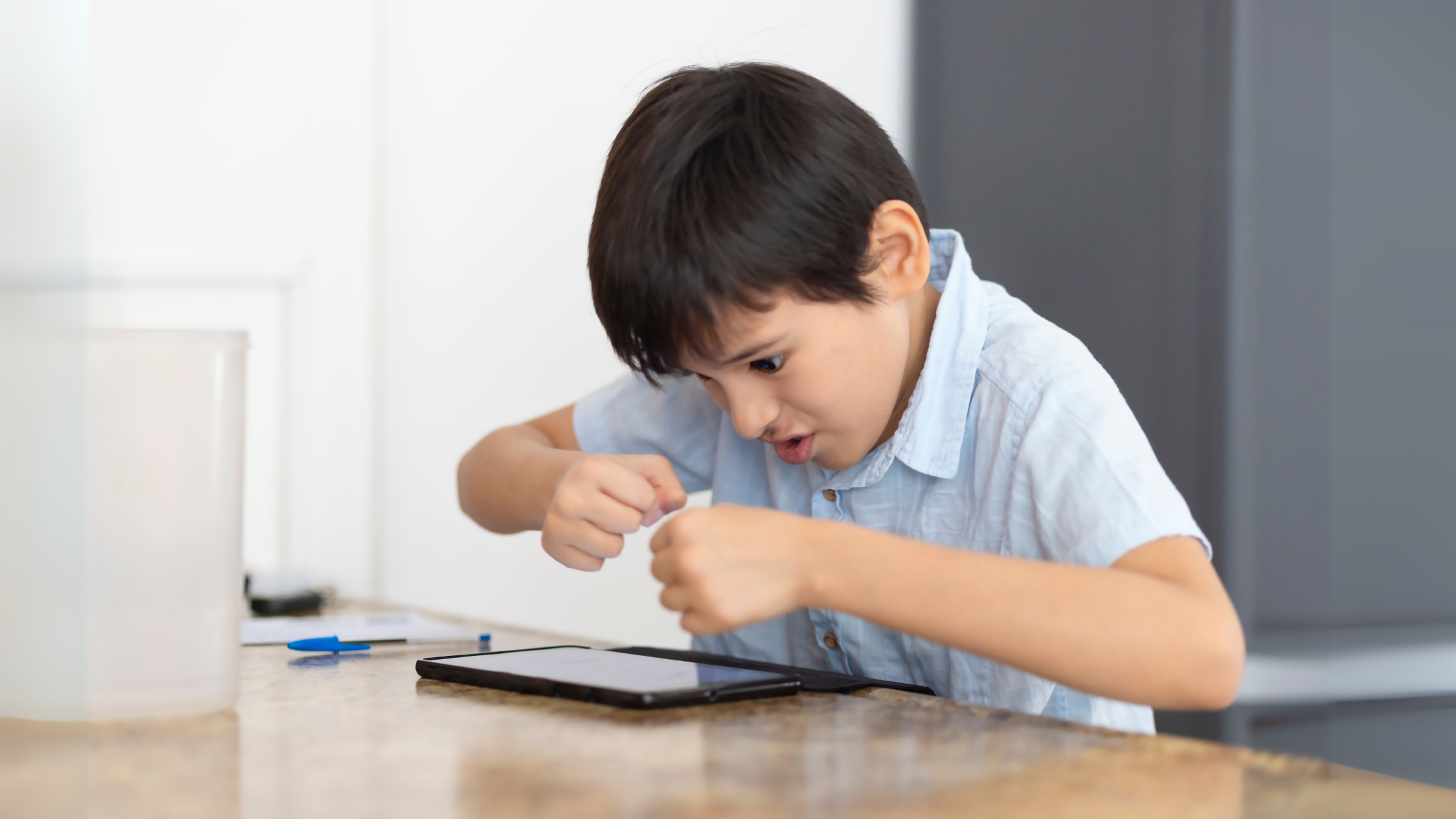Introduction
Parenting is undoubtedly challenging. Balancing work, managing household responsibilities, and maintaining a social life often leaves parents feeling as though they are perpetually racing against time. Added to this is the constant worry of whether they are doing enough for their children, which can leave them feeling overwhelmed.

This article explores the shared struggles of modern parents in India through two real-life stories, shedding light on common challenges while offering valuable insights into practical solutions that can transform the parenting journey.
Hyperactive or Attention-Seeking? Arjun’s Story
A young mother shared her experience with her four-year-old son, Arjun. She described him as restless, flitting from one activity to another, constantly asking questions, and frequently throwing tantrums. Concerned, she turned to online resources and feared he might have ADHD.

A crucial question arises: Are parents less active today, leading to the perception of hyperactivity in children?
In today’s world, where adults are often preoccupied with screens and endless to-do lists, children like Arjun, who are naturally curious and energetic, may act out to seek attention. Their behavior often reflects a craving for engagement rather than misbehavior or hyperactivity.

One telling moment came when Arjun remarked, “Papa takes me to the park and sits on the bench using his mobile phone while I play football all by myself. Mamma is always busy working.” Such statements highlight how hectic parental schedules directly affect children, often leading to stubbornness and loneliness as they grow up.
The solution can be surprisingly simple. Setting aside just one hour a day to connect with children—free from distractions like phones and work—can make a significant difference. Activities like playing a game, sharing a story, or having a conversation create meaningful connections.
When Arjun’s mother implemented this approach, she was initially skeptical. However, after a month, she noticed positive changes. Arjun remained spirited, but his restlessness became more joyful and less frustrating.
When Short Attention Spans Meet Long To-Do Lists: Tanmay’s Story
Yashika, a mother of six-year-old Tanmay, expressed her struggles with his seemingly boundless energy. Whenever she assigned him a task, he would abandon it halfway, leaving behind a trail of mess. Despite her efforts to engage him with games and crafts, his attention would quickly wane.

A breakthrough moment occurred when a friend babysat Tanmay. While his high energy was evident, a simple game of Snakes and Ladders—enhanced with funny jokes, chucklesome conversations, and buffoonery—captured his attention for an entire hour. This experience demonstrated that it is not just the activity but the approach that matters.
Children like Tanmay thrive on engaging and interactive experiences. Whether it is a board game, a story, or a new skill, starting small and making the process enjoyable can hold their attention and make the experience rewarding.
Parenting in the Digital Age: A Balancing Act
The stories of Arjun and Tanmay reveal that modern parenting often requires managing parental habits and distractions as much as addressing children’s behaviors. Questions worth reflecting on include:
Are parents too distracted to notice when their children need attention?
Are parents unknowingly projecting their stress and exhaustion onto their children?
While it is easy to blame technology or busy schedules, the reality is that parents set the tone for their households. Prioritising connection through shared routines, such as bedtime stories, meals, or simple conversations, creates a positive ripple effect on children’s behaviour and emotional well-being.

Practical Parenting Tips
For parents feeling overwhelmed, the following strategies can provide support:
Quality time matters: Give children undivided attention through open communication, asking about their day, playing, or reading together. Making these bonding moments a daily habit can keep them active rather than hyperactive.
Engage creatively: Activities that are fun and engaging will naturally draw a child’s attention and encourage participation.
Start simple: Begin with easy-to-complete tasks, such as introducing simple books, and gradually move on to more challenging ones.
Celebrate successes: Acknowledge and praise their victories, however small, to build confidence and motivation.
Incorporate board games: Games that require focus, like chess or Scrabble, can enhance concentration while being enjoyable.

Explore hobbies: Enrolling children in hobby classes, such as music lessons, can provide therapeutic benefits and improve focus.
Shape their future: Parents’ reactions and guidance have a lasting impact on their children’s behavior and mindset.
Conclusion
While modern parenting comes with its challenges, it also offers unique opportunities to build deeper connections with children. Parents hold the privilege of being their children’s first teachers, greatest cheerleaders, and lifelong friends.

When faced with restlessness or distraction, stepping into the child’s world can often reveal simple yet effective solutions. As demonstrated by the stories of Arjun and Tanmay, a combination of patience, creativity, and love can lead to transformative results. By making small, consistent efforts, parents can rediscover the joy of raising children even amidst the demands of a hectic world.
Related Blogs

Modern Parenting: Rediscovering the Joy of Raising Children in a Hectic World
Modern Parenting: Rediscovering the Joy of Raising Children in a Hectic World
_20241130_145404_0000_1732960423308.png%3Falt%3Dmedia%26token%3D9c6b3926-3a53-4d86-96e3-faab58ab2992&w=256&q=75)
Raising Kids Who Are Decision-Makers: A Guide for Modern Parenting
Raising Kids Who Are Decision-Makers: A Guide for Modern Parenting
_20241123_193104_0000_1732372913420.png%3Falt%3Dmedia%26token%3D9b191c6a-d671-4026-9549-ae8404327ea9&w=256&q=75)
Understanding Underperformance in Children: Causes and Solutions
Understanding Underperformance in Children: Causes and Solutions
_1731926567116.png%3Falt%3Dmedia%26token%3D80590b80-3ed4-490b-8203-d0f5fd108300&w=256&q=75)
How to Build Stronger Bonds with Kids Without Yelling: A Guide to Peaceful Parenting
How to Build Stronger Bonds with Kids Without Yelling: A Guide to Peaceful Parenting

How to Talk So Kids Will Listen and open up their hearts…
How to Talk So Kids Will Listen and open up their hearts…

DROOMPLANET
Story-based Programs
2019 © DroomPlanet Pvt. Ltd. All rights reserved




